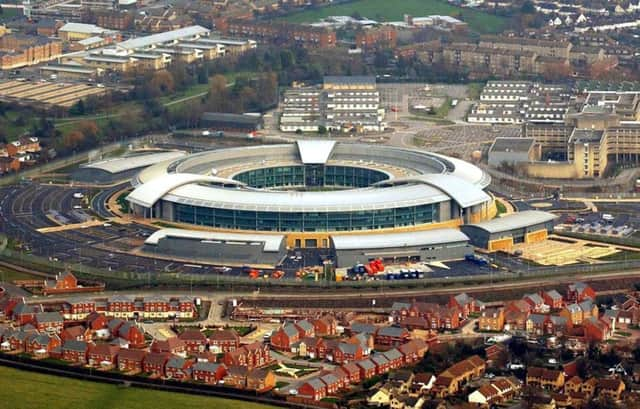‘No legal basis’ for stopping MPs’ phones being tapped


Green Party MP Caroline Lucas who, with Baroness Jones of Moulsecoomb and former MP George Galloway, took a complaint to the Investigatory Powers Tribunal, attacked its findings on the “status, meaning and effect” of the Wilson doctrine.
Implemented by prime minister Harold Wilson in November 1966, it lay down the policy of no tapping of the phones of MPs or members of the House of Lords, unless there is a major national emergency, and that any changes to the policy will be reported by the prime minister to parliament.
Advertisement
Hide AdAdvertisement
Hide AdLawyers allege that the politicians’ communications are being intercepted by GCHQ as part of the Tempora programme, which monitors and collates on a blanket basis the full range of electronic communications data produced in, or transiting through, the UK and other countries.
Yesterday, the IPT made declarations that the doctrine applies only to targeted, and not incidental, interception of parliamentary communications, but that it has no legal effect, save that in practice the security and intelligence agencies must comply with their own guidance.
Its president, Justice Burton said the IPT was satisfied that the doctrine was not enforceable in English law by the claimants or other MPs or peers by way of legitimate expectation.
Ms Lucas said: “This judgment is a body blow for parliamentary democracy. My constituents have a right to know that their communications with me aren’t subject to blanket surveillance - yet this ruling suggests that they have no such protection.
“Parliamentarians must be a trusted source for whistle blowers.”